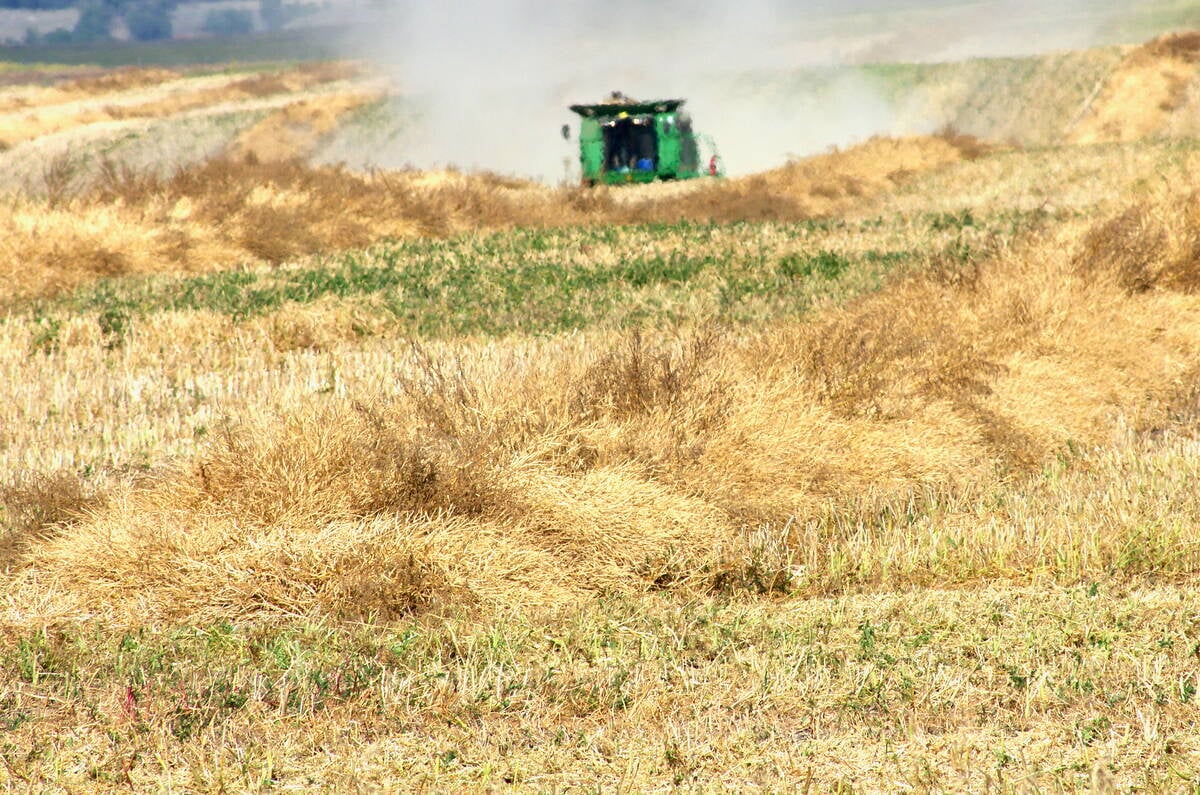WINNIPEG – Manitoba pork pro-cessors want the potential land mine of drug residues to be dealt with at the farmgate.
At a recent seminar for producers, the general manager of one of the province’s four main hog slaughter plants said the industry lacks one-on-one education about drug use and withdrawal times that he thinks could be provided by field representatives.
Personal touch
Sheldon Forgan of Jack Forgan Meat said Manitoba Pork est. needs to step up its efforts.
“Newsletters alone cannot … replace the personal touch,” he said. “I do not think that the proper regulation and education process has even begun.”
Read Also

Manitoba searches for Plan B on canola oil exports
A new report explores Manitoba’s current canola oil trade and possible alternative markets to the U.S.
Rick Mason of Manitoba Pork said the board has looked at the idea and may consider it again, but he said such a program should be paid for by all industry players. He said the board already provides an extensive education program.
Bill McLean of J. M. Schneider agreed that field reps could provide valuable help in stopping a problem before it happens. But he said that Manitoba Pork should pay for the service.
But Blaine Thompson, who oversees the in-plant testing for the federal agriculture department said the marketing board has been “the most proactive board in the country, in terms of exposing producers to information regarding sulfa.” He said Manitoba is the only province with a regulated penalty system for sulfa violations.
Thompson said fines and Manitoba Pork newsletters combined with education available from his department, provincial government livestock experts and feed companies have made producers aware of the issues.
The first time producers’ hogs test positive for sulfa or other drugs, they are given a warning and are restricted from shipping for 10 days.
They also are visited by an Agriculture Canada representative, who looks around the farms for the source of the problem and tells the producer how to avoid it in the future. The producers then have to send in five test hogs to prove they’ve eradicated the problem.
Few offenders
Thompson said in most cases, the warning and the visit are all that are needed. Most producers do not have a second offence during the year, which entails fines and a longer restriction period.
But he added there are a few irresponsible producers that pose problems. He gave an example of one who was warned, then sent in five test hogs which all tested positive. A short time later, the producer was fined. Over a month, the producer lost more than $3,000 because of infractions.
“Yet it took quite a while before our plant health inspector could even get into the barn,” Thompson said. “The producer didn’t even want to have anyone come on to his place.
“There’s a small number of producers out there who basically won’t pay attention to warnings and won’t pay attention to the proper feed withdrawal,” Thompson said.














